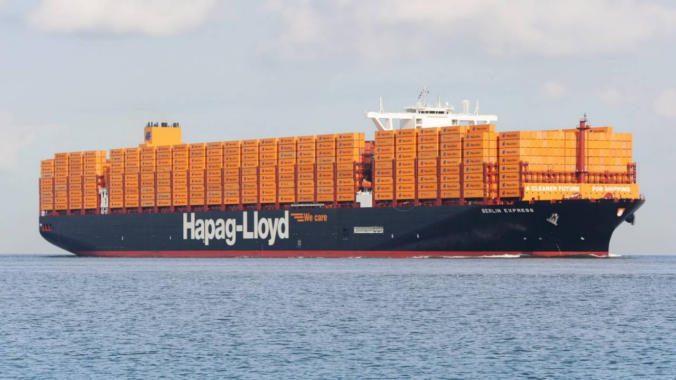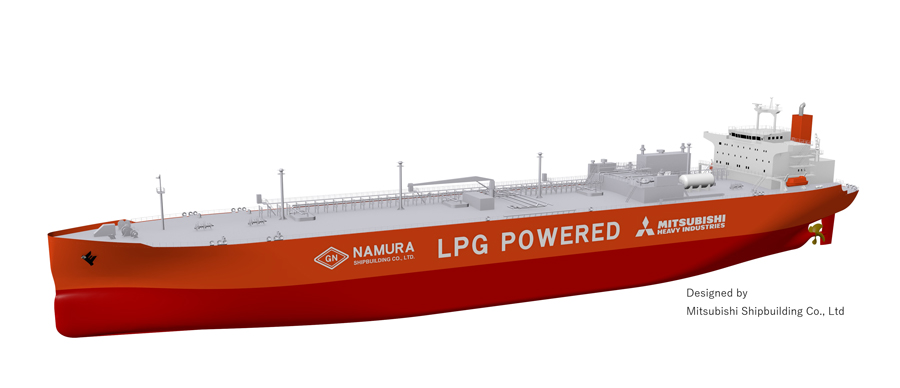Hapag-Lloyd AG (Frankfurt: HLAG) has officially welcomed into its fleet the “Berlin Express”, the first ship of its new Hamburg Express class. At an event attended by some 300 guests from business and politics, naming patron Elke Büdenbender performed the ceremonial christening of the ship at the Container Terminal Burchardkai (Athabaskakai) in the Port of Hamburg. Among the guests were Peter Tschentscher, the First Mayor of Hamburg, and Daniel Günther, the Minister President of Schleswig-Holstein.
The Hamburg Express class will mark the beginning of a new era for Hapag-Lloyd and its fleet. In total, a dozen state-of-the-art large container ships will be put into service by 2025. Together, these vessels will make an important contribution to Hapag-Lloyd’s efforts to operate its entire fleet in a climate-neutral manner by 2045. Thanks to their cutting-edge dual-fuel technology, they will also be able to operate using non-fossil fuels, such as bio-methane and e-methane, and thereby generate hardly any CO2 emissions.
For the time being, liquefied natural gas (LNG) will be used, which will reduce CO2 emissions by up to 25 percent and soot emissions by 95 percent. In addition, advanced components – such as an optimised hull and a highly efficient propeller – will help the vessels to reduce fuel consumption and thereby greenhouse gas emissions.
The “Berlin Express” was built at the Hanwha Ocean shipyard in South Korea. With a length of almost 400 metres and a capacity of 23,600 TEU, it is the largest cargo ship ever to sail under German flag. The container ships in the Hamburg Express class will exclusively operate on the cargo-intensive Far East route between Asia and Europe. The “Berlin Express” will operate regularly on the FE3 service, which sails between Ningbo and Hamburg, via Xiamen, Kaohsiung, Yantian, Hong Kong, Singapore and Rotterdam.

